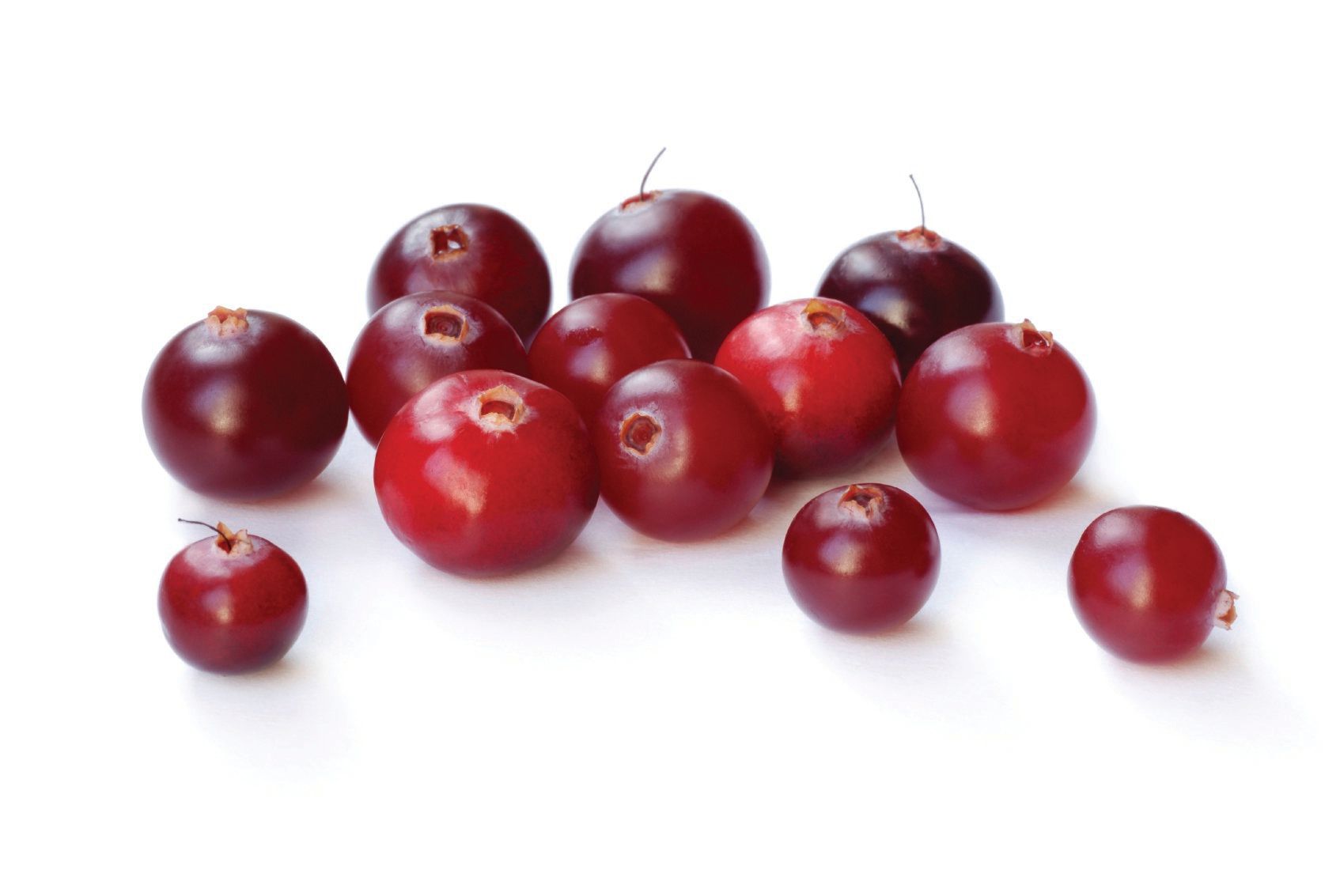Cranberry Industry Skewers JAMA Editorial Proposing No UTI Benefits
A recent study found cranberry supplementation did not significantly reduce the presence of bacteria in urine in older women, but cranberry experts warn against drawing broad conclusions from the results.
Photo © iStockphoto.com/Anna Khomulo

A recent editorial published in the Journal of the American Medical Association (JAMA) dismisses the potential of cranberry supplements to provide relief from urinary tract infections (UTIs), based on the findings of a clinical trial published earlier this month. Industry experts, however, point to “major limitations” of the study and challenge the accompanying editorial for drawing conclusions that are not supported by the study design.
The randomized, double-blind study was also published in JAMA and included 185 women aged 65 years or older with or without bacteriuria plus pyuria (the presence of bacteria and pus in urine) at baseline. All participants lived in a nursing home, with 147 women completing the trial. For one year, study participants consumed two capsules per day of placebo or a cranberry supplement containing 36 mg of active cranberry proanthocyanidins (PACs)-which researchers described as equivalent to 20 ounces of cranberry juice.
Researchers assessed presence of bacteriuria plus pyuria every two months over the one-year study period. They found that between the placebo and the cranberry groups of older women living in nursing homes, there was “no significant difference in presence of bacteriuria plus pyuria over one year.”
That finding alone may have been enough to elicit a response from the cranberry industry, but the study was not nearly as provocative as the accompanying editorial from Lindsay E. Nicolle, MD, from the University of Manitoba’s (Winnipeg, Canada) department of internal medicine. Based on the recent study findings, as well as other studies that also failed to establish a significant connection between cranberry supplementation and reducing bacteriuria plus pyuria, Nicolle advises that it’s “time to move on” from the idea that cranberry products can be effective in defending against UTI.
Industry Response
Industry experts were quick to challenge the foundations of Nicolle’s conclusion, including the idea that this study actually revealed anything about recurrent UTI at all. Dan Souza, vice president of sales and marketing for cranberry supplier Naturex (Avignon, France), pointed out that the study included a sample of women who both suffered from bacteriuria plus pyuria at baseline and those who did not. Aside from the issue that bacteriuria plus pyuria doesn’t necessarily equate to UTIs, if the baseline population were not all recurrent UTI sufferers, conclusions relating to cranberry’s effect on recurrent UTIs are invalid, Souza explained.
“In the present study only five subjects were recurrent UTI sufferers at baseline-one in the treatment group and four in the control group,” Souza said, in a press release. “Since less than 4% of the population suffered from recurrent UTI in the previous year, the study population was not suitable for a reduction in UTI outcome.”
Souza also noted that nursing-home residents are also more likely to suffer from bacteriuria plus pyuria than other women, and the population is therefore “not representative of otherwise healthy women suffering from recurrent UTI.” On top of that, he suggested the researchers should have focused on a more comprehensive view of the biologically relevant cranberry components, rather than just total PAC content.
“Our published research shows that a wide spectrum of cranberry PACs and native cranberry phytochemicals deliver superior anti-adhesion activity than a maximum PAC product,” Souza said. That includes recent studies on Naturex’s Pacran cranberry powder, Souza noted.
Additionally, Sherry Torkos, pharmacist, author of The Canadian Encyclopedia of Natural Medicine, and spokesperson for Proprietary Nutritionals (Kearny, NJ), said the study had “major limitations.” Proprietary Nutritionals supplies the Cran-Max cranberry extract. Torkos also took issue with the cranberry material used in the study, explaining that the lack of observed effect for one cranberry material does not mean the same is true for all cranberry products on the market.
“There is also a wide variance in cranberry supplements and beverages,” Torkos said. “Some products, such as Cran-Max, have a proven record with strong science demonstrating efficacy even compared to antibiotics, but without the troubling issues of antibiotic resistance.”
On a similar note, Stephen Lukawski, director of sales and business development for cranberry supplier Fruit d’Or (Notre-Dame-de-Lourdes, QC, Canada) emphasized that the JAMA study “cannot be allowed to put a blanket over the entire cranberry industry,” and that it overlooked the different possible benefits from soluble versus insoluble PACs.
“At Fruit d’Or, we are dealing with natural, whole-food cranberry powder that contains both soluble and insoluble PACs,” Lukawski said. “The cranberry tested in the JAMA report only contained soluble PACs from juice powder. Everyone needs to know that not all cranberry ingredients are the same or of the same quality.”
Read more:
Naturex, Mazza Sign Agreement for Cranberry Extraction Process
How Should We Market the Cranberry?
Cranberry Plus Probiotic Tackles First Gummy
Michael Crane
Associate Editor
Nutritional Outlook Magazine
michael.crane@ubm.com
References:
Juthani-Mehta M et al., “Effect of cranberry capsules on bacteriuria plus pyuria among older women in nursing homes: a randomized clinical trial,” Journal of the American Medical Association, vol. 316, no. 18 (November 2016): 1879–1887










